In China’s Yunnan province, coffee farmers are right now making the transition from commodity-grade coffee to specialty coffee. Could China be becoming more than just tea?
A middle-aged man wearing grey sweatpants and a conical hat is standing in front of a dozen half-built wooden drying beds. He is shouting in energetic rapid-fire bursts in Mandarin. He Wen Zhu is the head of the newly formed coffee co-op and a former coffee quality inspector at Nestlé, and Zhu is speaking to a nodding, seemingly captivated crowd consisting mostly of Chinese coffee professionals. Cafe owners, roasters, baristas; the usual suspects. Only a few westerners ever make it to this remote mountain close to Pu’er City that is now the home of the Eden Coffee Cooperative. Today, I’m here, too.
When these drying beds are finished, Zhu explains, smallholder farmers in the area will be able to process coffee cherries themselves, instead of selling them to middlemen at prices as low as 15 cents per kilogram. That ought to result in better pay for the community of around 80 families living in the tiny mountain village.
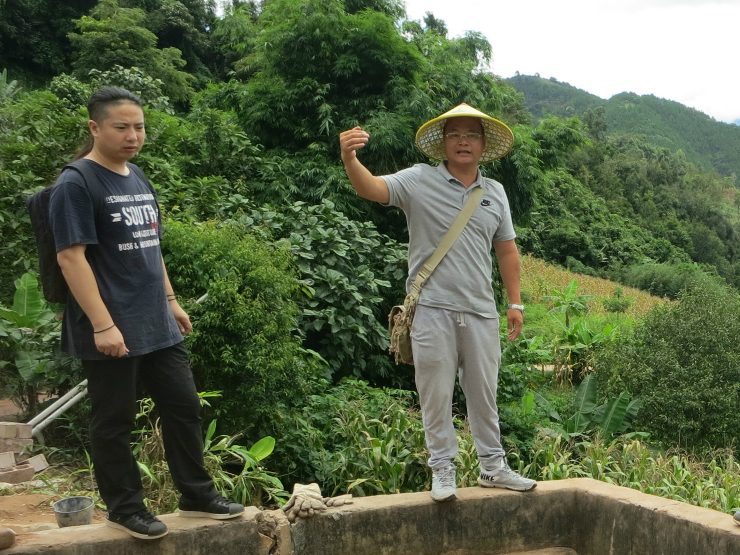
He Wen Zhu
Looking across to the other side of the valley, the photogenic bush-covered terraces are a testament to tea being produced by the farmers here as well. Traditionally Pu’er is home to some of the most sought-after Chinese tea, a caked style of tea known as “Pu-erh” in the US. But tea isn’t, or at least shouldn’t be, a rival. The two caffeine crops have opposite harvest seasons, so on paper at least, it actually makes sense to grow both.
It seems that Zhu has convinced them to give it a go. At least for now.
Where Chinese Coffee Took Flight
There have been minor attempts at coffee growing in China in the past 100 years, but it wasn’t until Nestlé introduced coffee to Yunnan, the subtropic Chinese province bordering Laos and Myanmar, back in the late 1980s and 1990s, that coffee really took off. Nestlé had the size and scale to convince thousand of farmers that coffee would be a good cash crop. In return, Nestlé would get an immense and malleable group of suppliers of commodity-grade coffee to their ever-increasing production of caffeinated drinks. A win-win as they like to say in the marketing department.
Still, most people abroad have no clue that China is growing coffee, which isn’t really that strange. Even though China produces around 138,000 metric tons a year—or as much as the production of Kenya and El Salvador combined—the stuff that’s exported is rarely specialty grade and nothing to write home about.
But that’s about to change if you ask Samuel Gurel, the CEO of Torch Coffee Roasters, a rather new coffee company based in Pu’er. He’s been a part of the Chinese coffee scene in various roles since 2008 and now also functions as the technical advisor to the Eden Coffee Cooperative.
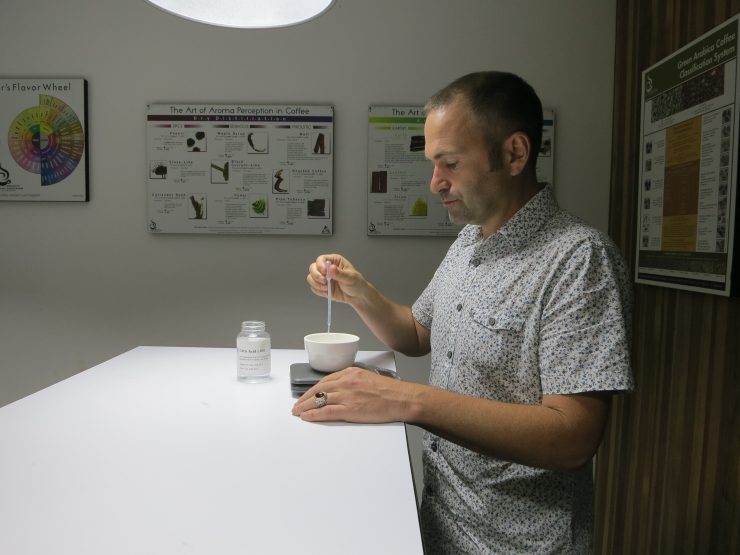
Samuel Gurel
“The Eden project is still very much in its infancy,” Gurel says. “But actually it’s part two of an experiment we’re running.”
The first part, he says, was conducted last year. A Chinese woman who owns a large piece of land got in touch with Gurel and Torch to seek advice. Gurel thought that helping the woman out might also prove some more general points about Chinese coffee. Together with Mario Fernandez from the Coffee Quality Institute and his team, he performed 40 different experiments to determine what kind of processing was the most fitting for her coffee.
“We found out that a natural process was the best for her beans, which was very much in accordance with Mario’s research.”
Roughly speaking, the research shows that lower-altitude farms are a good fit for dry processing, whereas medium altitude is good for honey, and higher altitude suits washed coffees.
“Of course it’s more of a guideline, but in this case it was true,” Gurel points out, noting that cupping scores increased dramatically—from around 80 originally, to as high as 86—after instituting the processing experiments.
“86 is significant,” he says. “That is extremely rare to see in Asia. We would take the coffee to cuppings and ask people to guess where it was from. And, in fact, they were really surprised to hear that it was from Asia because it had these really nice fruity flavors that you normally don’t encounter in this region. In the end, we were able to triple the price of the best lots.”
According to him, the real struggle is just starting now. It’s one thing to improve the quality at a single farm, another is to do it with a group of smaller shareholders, like at the Eden Co-op.
The Catimor Question
When Nestlé set up shop in Yunnan back in the ’90s, the company wasn’t particularly interested in producing record-breaking coffee. After all, most of it was going towards instant blends. So they planted the hardy Catimor variety and no shade trees—which increases yield, but diminishes taste.
Catimor is popular all over Southeast Asia, but mainly for being disease-resistant. The variety is usually described as Arabica, but it owes its hardiness to some Robusta heritage. In the eyes of some coffee professionals, that makes it unsuitable as specialty coffee.
“The main ingredient in instant coffee is very inexpensive coffee,” Gurel says.
Now, area farmers must abandon a lot of what they have been taught if they want to transition into specialty coffee.
“Producing low-quality coffee isn’t very sustainable because the margins are tiny, so if your expenses are just a bit too high you lose money. Before, some farmers in Yunnan would actually stop harvesting and just leave the coffee on the tree, because it wasn’t worth picking,” Gurel explains.
Education is everything
Back at the mountain, a sudden violent downpour puts a stop to the tour at the Eden Co-op. After all, it is the rainy season in Yunnan. The narrow gravel road is partially flooded, but after a short break the group decides to continue the trek up the mountain to inspect the coffee shrubs.
As we climb the mountain, Zhu explains that the community consists of people mostly from the Lisu and Miao tribes, who were moved here voluntarily by the Chinese government back in 1997. Quite unusually for China, the majority of the villagers are Christians, which is also how Mr. Zhu got to know them. In his spare time, he’s a preacher—something which probably explains his public speaking prowess.
“When I was working at Nestlé, I found out that there’s no such thing as ‘fair trade’ in the Chinese coffee industry. The smallholders don’t have any bargaining power. I told myself that I had to do something for the farmers, and that’s why I started the Eden Coffee Cooperative. I want to teach them how to do selective picking and processing, so they can make more money,” he says.
Even though Zhu is determined to succeed, he says that it’s not always easy to get everybody else on board with his vision.
“The hardest part is to increase the villagers’ knowledge. It’s difficult to convince them to keep doing it because the pay is low. But if they keep improving quality, they will also be able to get more than just the market price.”
The Eden Co-op could be at a turning point, however. When we arrived at the village that day, the farmers greeted us smiling—not with tea, but instead, drip coffee.
Chinese Coffee In Real Life
A few days after visiting the coffee co-op, we make it to Kunming, a city of around 5 million people and the capital of the Yunnan province, to get a first-hand impression of what Chinese coffee culture is like.
Kunming, it turns out, is a lovely place. In spite of the ubiquitous and characteristically grey Chinese-style building projects, it offers lakes filled to the brim with waterlilies and plenty of parks. The area around the university has a particularly vibrant atmosphere with bars and small independent designer shops. But while there are plenty of cafes, it’s not an easy task to find one that serves Chinese-produced beans. Finally, the third coffee shop I visit is up for the task.
Guang Zong cafe is a legit Third Wave coffee shop. There are flavor wheels and Specialty Coffee Association of America diplomas hanging on the walls, and there’s even a Kono Meimon, a Japanese cult dripper that heavily inspired the Hario V60, prominently placed on the slow bar.
Benjamin, the long-haired, tattooed barista, offers to brew a local bean—a washed Catimor from Pu’er—in a V60 filter.
Even though I try to flex my taste buds to maximum effort, it is a rather one-dimensional coffee. There’s a raw cocoa note, but not a whole lot more. While it’s not unpleasant at all, world class is still light years ahead. Letting the coffee cool down to room temperature helps quite a bit. Suddenly new notes and a welcome sweetness pops out.
“The signature notes of Yunnan coffee are black tea and brown sugar,” says Benjamin.
He goes on to explain that while there are more and more Chinese coffee drinkers between the ages of 18 and 35, they tend to prefer international beans and not the local variety.
“When they can get a Brazilian bean for the same price as the local coffee, they are gonna pick the exotic one most of the time. Chinese people like foreign things, and then of course, most of the foreign beans are still better,” he says.
Even though Chinese coffee culture is still young, it has gone a far way since Gurel first came to the country back in 2008. Back then there was no coffee culture to speak of.
“There were things called coffee shops, but usually they were dimly-lit places that served beer and hamburgers and steaks,” he says.
But around 2010, Korean business owners started opening real coffee shops in China, Gurel explains, and that started a coffee trend. Suddenly chains like Starbucks and independent places like Guang Zong all opened at the same time. (With 2,100 outlets, China now has the largest amount of Starbucks of any country outside the US.)
According to Gurel, coffee is not going to replace tea anytime soon. Tea is still something that the culture is focused around. Still, if the Chinese just increase consumption from their three cups of coffee a year average, that will have a huge effect on the world market. After all, we’re talking billions of people. But as Asia increases demand, it will also blossom more as a coffee producing region, Gurel predicts.
“China, Laos, Thailand, and Myanmar are all really promising. There’s a lot of land and labor, and those are the two most important things you need for producing coffee,” he says.
While there are for sure challenges to making China a great coffee nation, Gurel is sure that it will eventually become one. Just this year the Yunnan Coffee Exchange in Pu’er City opened its doors. The $9 million facility is already one of the biggest coffee markets in the world.
Asked whether China is able to transition from quantity to quality, Gurel doesn’t flinch.
“I could see a Chinese bean winning the Cup of Excellence. Maybe in 10 years time. It could happen. We might see an Indonesian bean winning it first…but I’m optimistic.
Asser Bøggild Christensen (@hipsterkaffe) is a Danish journalist based in Asia covering tech and the digital nomad movement for Information, F5, and more. Read more Asser Christensen on Sprudge.
The post “Made in China” Might Soon Mean Exquisite Coffee appeared first on Sprudge.
seen 1st on http://sprudge.com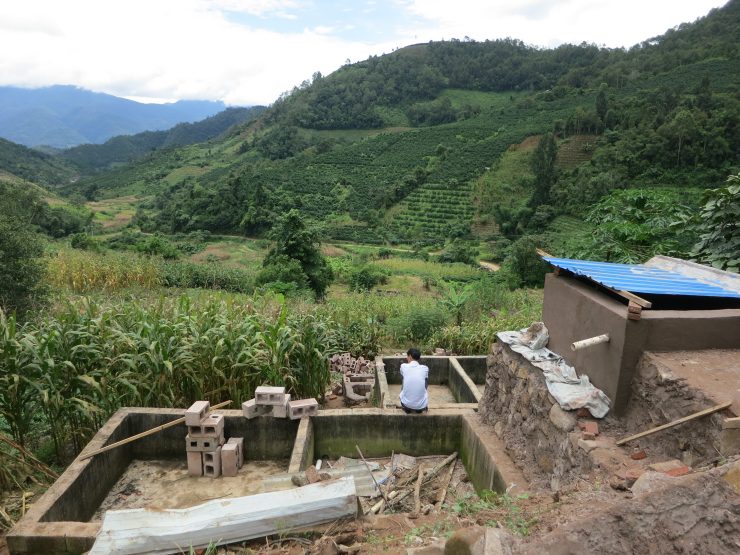
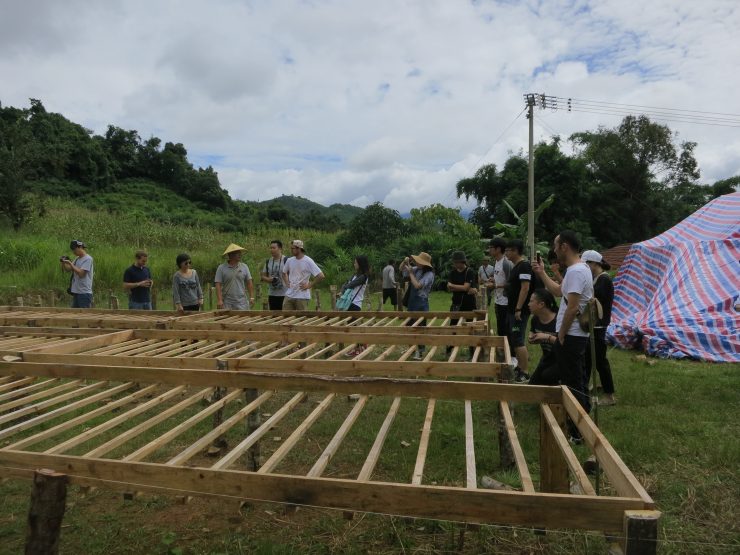
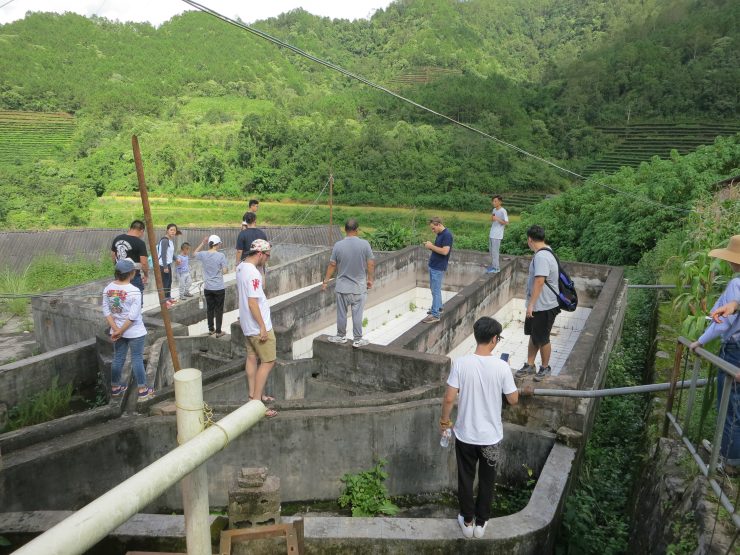
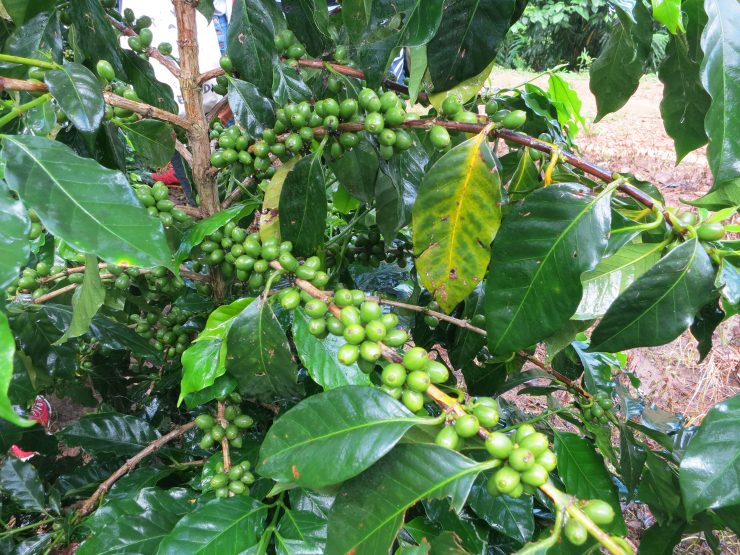
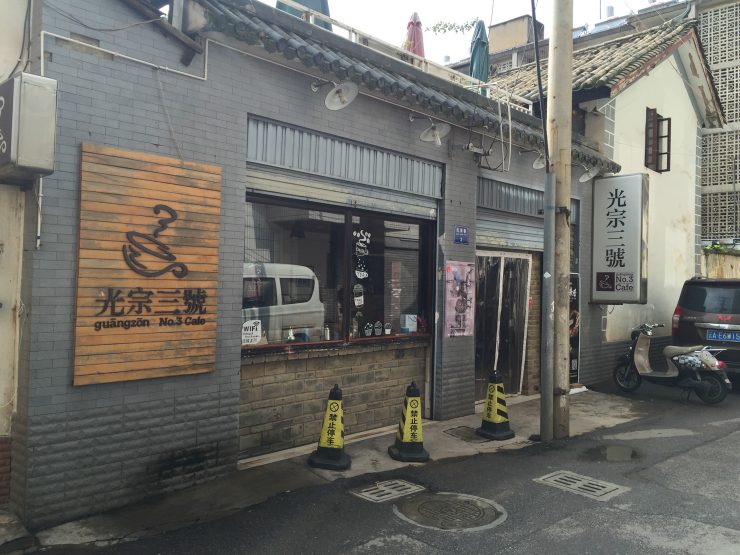
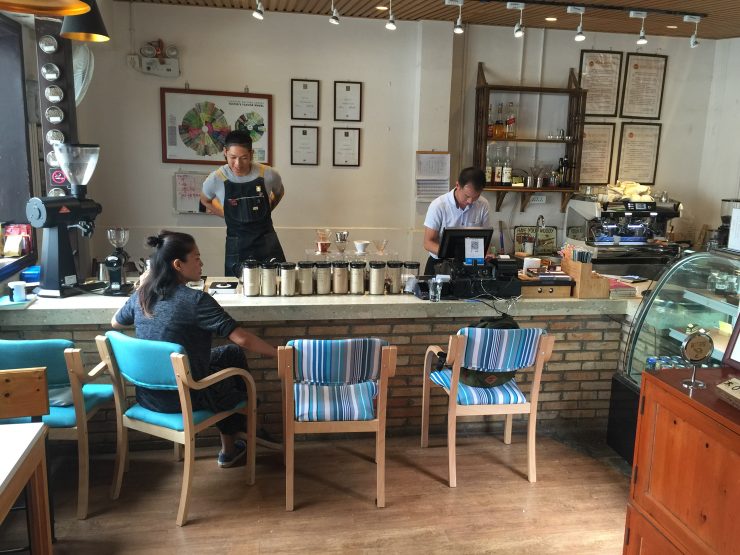
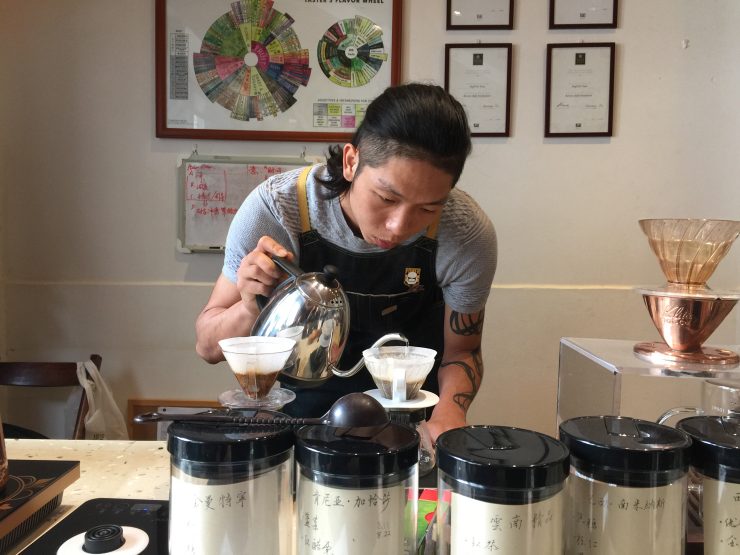
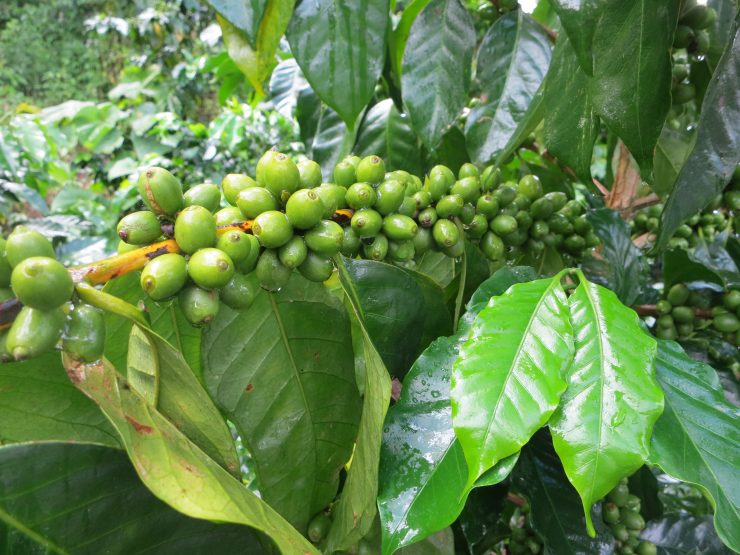
No comments:
Post a Comment